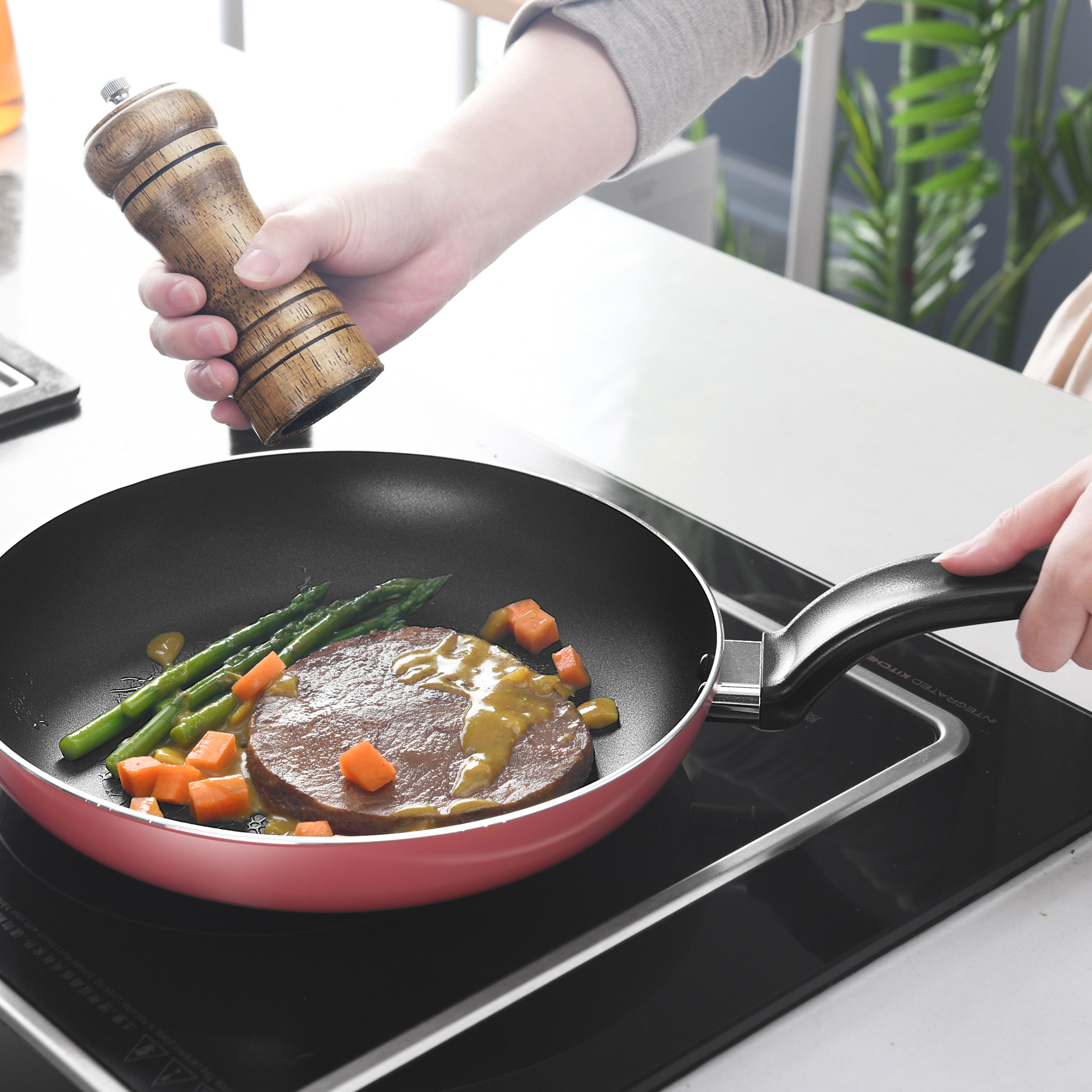Induction hobs have become increasingly popular in modern kitchens due to their efficiency, speed, and sleek appearance. However, there is a common issue that some users may encounter: cracked induction hobs. Induction hobs are made of glass-ceramic, which is a type of tempered glass that is designed to withstand high temperatures and thermal shock. Despite this, some users have reported that their induction hobs have cracked unexpectedly, causing frustration and potentially leading to safety hazards. In this blog, we will explore the reasons why induction hobs may crack, including factors such as improper installation, manufacturing defects, and user error. We will also discuss how to prevent induction hob cracks and what to do if your induction hob does crack.
There are several reasons why induction hobs may crack. Some of the most common reasons include:
- Thermal shock: Induction hobs are made of glass-ceramic, which is designed to withstand high temperatures. However, if the hob is exposed to a sudden change in temperature, such as placing a cold pot on a hot hob, it can cause thermal shock and result in a crack.
- Manufacturing defects: Although rare, defects in the manufacturing process can weaken the glass-ceramic material and make it more prone to cracking.
- Improper installation: If an induction hob is not installed properly, it can put stress on the glass-ceramic and cause it to crack over time.
- Physical impact: Dropping heavy objects on the hob or hitting it with a hard object can cause a crack.
- User error: Using an induction hob improperly can also lead to cracks. For example, sliding heavy pots or pans across the hob or using pots with uneven bases can put undue stress on the glass-ceramic and cause it to crack.
Overall, induction hobs are durable and designed to withstand the rigors of everyday use. However, by taking proper care and handling them correctly, users can minimize the risk of cracks and ensure their induction hob lasts for years to come.

Can induction hobs be repaired if they crack?
It depends on the severity of the crack. If the crack is small and does not affect the functionality of the hob, it may be possible to repair it. However, if the crack is significant or if it has caused damage to the heating element or other components of the hob, it may not be repairable.
In general, it is recommended to consult with a professional repair technician or the manufacturer before attempting any repairs yourself. Trying to repair a cracked induction hob without the proper knowledge and tools can be dangerous and may further damage the hob.
It is worth noting that in some cases, it may be more cost-effective to replace the entire hob rather than attempting to repair it. The cost of repair may be higher than the cost of a new hob, especially if the hob is older or if replacement parts are difficult to find.
How can I prevent my induction hob from cracking?
There are several steps you can take to prevent your induction hob from cracking:
- Use proper cookware: Only use cookware that is designed for use with induction hobs, and make sure the base of the cookware is smooth and flat. Cookware with rough or uneven bases can cause undue stress on the hob and lead to cracks.
- Avoid extreme temperature changes: Do not place cold or frozen items directly on a hot induction hob, as this can cause thermal shock and result in a crack. Similarly, do not place hot pots or pans on a cold induction hob.
- Clean the hob properly: Use a soft cloth or sponge to clean the hob, and avoid using abrasive or sharp cleaning tools that can scratch or damage the surface. Also, be sure to clean up spills promptly, as acidic or sugary substances can cause damage if left on the hob for too long.
- Install the hob correctly: Make sure the hob is installed by a professional who is familiar with induction hobs and follows the manufacturer’s instructions. Improper installation can put stress on the hob and cause it to crack.
- Handle the hob with care: Avoid dropping heavy objects on the hob or hitting it with hard objects. Also, do not slide heavy pots or pans across the hob, as this can scratch or damage the surface.
By following these steps, you can help prevent your induction hob from cracking and ensure it lasts for years to come.

Are some brands of induction hobs more prone to cracking than others?
In general, induction hobs are designed to be durable and long-lasting, and the risk of cracking is relatively low for all brands. However, there may be some differences in the materials, construction, and quality control processes used by different brands, which can affect the overall durability and reliability of the hob.
It is difficult to make generalizations about which brands of induction hobs are more prone to cracking than others, as there are many factors that can contribute to the risk of cracking, including user behavior, installation quality, and environmental factors.
However, some manufacturers may offer additional features or technologies designed to enhance the durability and reliability of their induction hobs, such as reinforced glass-ceramic materials or advanced cooling systems to prevent thermal shock. It is always a good idea to research different brands and models before making a purchase, and to choose a reputable manufacturer with a strong track record for quality and reliability.
Regardless of the brand or model, taking proper care of the induction hob and using it in a safe and responsible manner can help minimize the risk of cracking and ensure it functions properly for years to come.
Relevant Articles
What Is Medium Heat On A Stove?
Can An Electric Stove Catch Fire If Left On?

Comments are closed